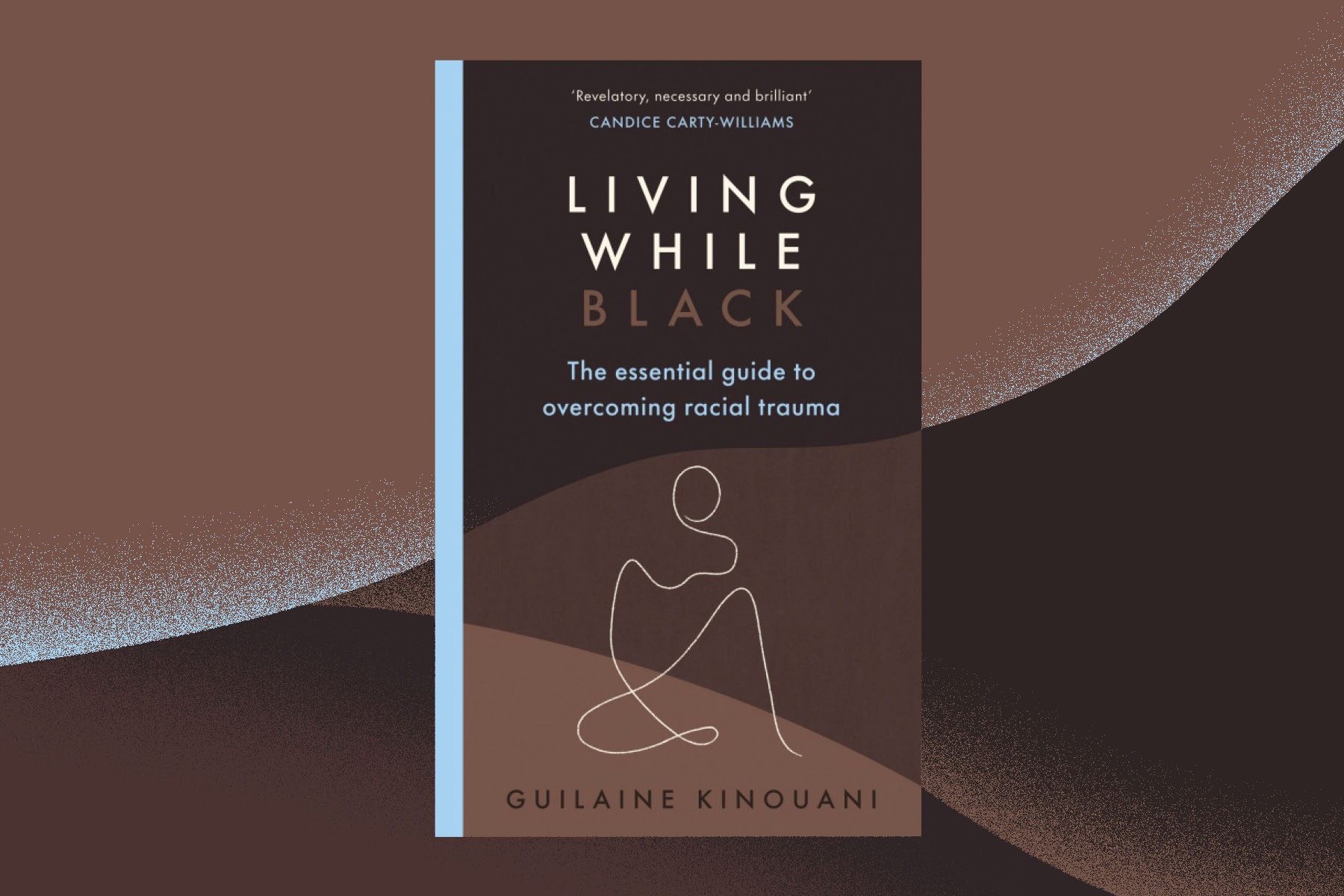
- Home |
- Search Results |
- ‘Black mediocrity, Black liberation?’: an extract from Living While Black
‘Black mediocrity, Black liberation?’: an extract from Living While Black
In this extract from her Essential guide to overcoming racial trauma, author Guilaine Kinouani writes about the insidious, white supremacist roots of the Black desire to overachieve, and overcoming the pressure of ‘Black excellence’.
It is hard to write about self-care in the middle of global anti-Black warfare. But there is a war too that is happening inside of us. Many of us try to manage it by overachieving. As I write, the idea that for us to be accepted as human we must become superhuman, is still a thing. We must be the next Muhammad Ali of our field. Mediocrity is not an option, it is forbidden to us, therefore being mediocre is not something we dare to allow ourselves to be.
Society tells us that to deserve to live, we must have some rare and incredible talent. In art, in sport, in science. In any field, if we are exceptional enough, then people might forgive and forget our Blackness. We might transcend our race, they say. An expression that filled Ali’s obituaries, by the way. His greatest achievement was this, it appears. Forget his radical politics. His boxing excellence. Or his sense of justice and ethics. He made white people forget his race. Not when they sent him to jail, mind you. Still, we hear, he made white people connect with him, so many of them tell us, despite his Blackness.
'Society tells us that to deserve to live, we must have some rare and incredible talent. In art, in sport, in science.'
Black excellence is linked to this idea of transcendence. Fundamentally it is the idea that exceptional achievements by Black people, often despite racial adversity, elevate Blackness and counter racist stereotypes about us. Black excellence is of course exclusionary and arguably reproduces materialistic takes on what success look like. It fundamentally centres whiteness as the kid to impress.
The internalisation of racism can often mean that we are raised and socialised to prove that we are good enough to be recognised and seen. This posturing fuels the belief that any ‘failure’ or mediocrity might confirm racial stereotypes or bring shame onto our family or our community. It also shows little consideration to the impact on our health, physical and mental. I find myself remembering conversations I had with a teacher who had been promoted to deputy head in her school and started working 80 hours a week, every week until she became so unwell, she had to be hospitalised. Or again the Black taxi driver who worked at nights and went to university during the day. He suffered the same fate. Both became psychiatric patients. Arguably lucky to be alive.
I have heard of others who did not survive the pressure of Black excellence. When thinking about Black excellence, we must think about how it may be an act of compensation for structural racism but also an act of compensation for shame. Black excellence, insidiously, by parading achievements by Black people, to prove our competence, our capability and ultimately our humanity, reproduces white supremacy and Black shame.
'Black excellence, insidiously, reproduces white supremacy and Black shame'
The shame we are talking about here comes about as a result of trying to fit into white society, which consistently tells us implicitly or explicitly that we are inferior, threatening or otherwise dysfunctional and that we must assimilate into whiteness, to be human; alienating us from parts of ourselves that many of us come to despise.
In other words, race-related shame is a by-product of power structures and of racialised social hierarchies. The shame is linked to survival so it may exist even when we may not have consciously bought into our own inferiority. The awareness that we must ‘play the game’ to survive may bring it up. It is thus a shame that may also be triggered by the contemplation of our complicity. Thankfully, this is something all of us can become aware of and reduce.
Read more in Guilaine Kinouani’s Living While Black: The essential guide to overcoming racial trauma.
What did you think of this article? Let us know at editor@penguinrandomhouse.co.uk for a chance to appear in our reader’s letter page.
Image: Ryan MacEachern